Here we are providing Online Education The Bishop’s Candlesticks Extra Questions and Answers Class 9 English Literature Reader, Extra Questions for Class 9 English was designed by subject expert teachers. https://ncertmcq.com/extra-questions-for-class-9-english/
Online Education for The Bishop’s Candlesticks Extra Questions and Answers Class 9 English Literature
The Bishop’s Candlesticks Extra Questions and Answers Short Answer Type
Answer the following questions briefly.
The Bishop’s Candlesticks Questions And Answers Question 1.
Although it was quite late at night why had the Bishop not returned?
Answer:
The Bishop had gone out to see Marie’s mother who was unwell. He had gone to pray with her and to call in . the doctor to see her. Thus he had not returned.
The Bishop’s Candlesticks Short Questions And Answers Question 2.
Why does Persome feel people pretend to be sick?
Answer:
Persome feels that people pretend to be sick to have the Bishop call on them as they are fond of him.
The Bishop’s Candlesticks Extra Questions And Answers Question 3.
What did the Bishop give Marie as she was going out? Why? What trait of the Bishop’s character does it highlight?
Answer:
As Marie was going out, the Bishop gave her his comforter, as it was a cold and windy night. This shows the Bishop to be a caring and a generous person.
The Bishop’s Candlesticks Questions And Answers Class 8 Pdf Question 4.
Why were the doors in the Bishop’s house never bolted?
Answer:
The doors in the Bishop’s house were left open so that anyone needing help could come in freely, at any time.
The Bishop’s Candlesticks Long Questions And Answers Question 5.
Who was Jeanette? What was the cause of her death?
Answer:
Jeanette was the convict’s wife. The cause of her death was starvation and sickness.
The Bishop’s Candlesticks Questions And Answers Pdf Question 6.
The convict says, “I am too old a bird to be caught with chaff.” What does he mean by this statement?
Answer:
The convict means that he is too experienced a person to be trapped by soft, gentle words.
Bishop Candlesticks Question And Answers Question 7.
Why was the convict sent to prison? What was the punishment given to him?
Answer:
The convict had stolen money to buy food for his dying wife. He was sentenced to a prison ship where he was chained like an animal and fed on filth. He was lashed if he complained.
The Bishop’s Candlesticks Questions And Answers Class 9 Question 8.
Why is the convict eager to reach Paris?
Answer:
The convict is a runaway prisoner. If he reaches Paris, which is a big city, he can get lost there and that the police would not able to find him.
Bishop’s Candlesticks Question And Answers Question 9.
Before leaving, the convict asks the Bishop to bless him. What brought about this change in him?
Answer:
The Bishop’s kindness and faith in him and his forgiveness brought about a change in the conviet.
The Bishop’s Candlesticks Extra Questions and Answers Long Answer Type
The Bishop’s Candlesticks Questions And Answers Class 9 Pdf Question 1.
What is the theme of the play “The Bishop’s Candlesticks”?
Answer:
The play deals with the redemption of a soul through love and forgiveness. The convict, who was sent to the prison ships for stealing money to buy food for his sick wife, was treated inhumanely. He was chained and lashed with whips. This inhuman treatment turned the man into a beast who was ready to steal and kill. The kind-hearted and benevolent Bishop, always ready to lend a helping hand to anyone in distress, softened the convict’s heart.
His love and compassion turned the beast into a man again. Touched by the Bishop’s forgiveness, the convict sought his blessings. Thus, the play also brings the message that the aim of punishment should be reformation of the wrongdoer through making him realise his guilt and not turning a law-abiding citizen into a criminal.
The Bishop Candlestick Question Answer Question 2.
The convict says, “They have made me what I am, they have made me a thief.” Explain the circumstances that made the convict a thief.
Answer:
Ten years ago, the convict lived in a small cottage with his wife, Jeanette. His wife fell seriously ill. At that time the convict was without a job. Jeanette needed food and medicine. So he stole money to buy her food. He was caught and sent to the prison ships. Here he was treated very badly. He was chained and lashed with whips. He was treated not like a human being but as an animal. His name and soul were taken away from him. This inhuman treatment changed the man into a beast.
The Bishop’s Candlesticks Reference To Context Question 3.
Describe the Bishop in your own words with examples from the lesson.
Answer:
The Bishop is a loving and self-sacrificing person. The people in the parish send for him whenever they are in trouble and he rushes to their aid in all kinds of weather, unmindful of his personal comfort. So much so that he has sold all his possessions, except for a pair of silver candlesticks given to him by his dying mother, to help the poor. His sister Persome says, “His estate is sold, his savings have gone. His furniture, everything. Were it not for my little dot we should starve!” The Bishop is a caring person and he wraps his comforter around Marie when she is about to go out into the cold night air.
The Bishop’s innocence and naivete often earn for him the anger of his sister, Persome. But he gently remarks, “If people lie to me they are poorer, not I.” Being a compassionate man, the Bishop is heard lamenting, “There is so much suffering in the world, and I can do so very little.” He is kind and generous towards the convict. The convict enters his house stealthily, threatens him with a knife, and after receiving food and hospitality from the Bishop, steals his candlesticks.
But when the gendarmes bring him back to the Bishop’s house, the Bishop claims he has given the candlesticks to the convict. It is this compassion that changes the convict. The Bishop is also a deeply religious and pious man. He advises the convict to lead a good life as “this poor body is the Temple of the Living God.”
Question Answer Of The Bishop’s Candlesticks Question 4.
The Bishop’s sister is more practical than him. Discuss the character of Persome as seen in the play.
Answer:
The Bishop’s sister, Persome was more practical in many ways as compared to her brother. She was a short tempered woman who is seen quick to rebuke and is also found getting angry at Mere Gringoire for asking money from her brother. Most of her faults seem to be borne out of her live and concern for her brother. She loves her brother to a fault and is very protective of him. She feels people take advantage of his kindness and generosity.
She is more practical because unlike her brother, the bishop who sees no merit or value in the treasures of the world but only cares for people. She, on the other hand, is shrewd because she feels she has to take of her brother and fend off people from taking advantage. She sees her brother’s act of selling the silver salt shakers as irresponsible because it was a valuable item. She also disapproves of her brother giving away all their possessions to help other people because that way they would have nothing left. She is practical in worldly and materialistic matters.
The Bishop’s Candlesticks Extra Questions and Answers Reference to Context
Read the extracts given below and answer the questions that follow.
Bishop’s Candlesticks Questions And Answers Question 1.
“Monseigneur, the Bishop is a… ahem!”
(a) Who is the speaker? Who is being spoken to?
Answer:
Persome is the speaker here. She is speaking to the maid, Marie
(b) Why does the speaker not complete the sentence?
Answer:
Persome does not complete the sentence as she did not wish to criticize the Bishop in front of Marie.
(c) What is the meaning of the word monseigneur?
Answer:
The word ‘monseigneur’ is a title that is given to senior Roman Catholic priests and officials.
The Noble Bishop Question Answers Question 2.
“She sent little Jean to Monseigneur to ask for help. ”
(a) Who sent little Jean to the Bishop?
Answer:
Mere Gringoire sent little Jean to the Bishop.
(b) Why did she send Jean to the Bishop?
Answer:
She needed money for rent and knew that he was a generous person thus she sent him to the Bishop.
(c) What was Persome’s reaction?
Answer:
Persome was angry with Mere Gringoire’s impudence.
Question 3.
“I offered to take her in here for a day or two, but she seemed to think it might distress you. ”
(a) Who wanted to take whom in and why?
Answer:
Bishop wanted to take in Mere Gringoire because she was unable to pay the rent of her house.
(b) Define the word ‘distress’?
Answer:
It means that Mere Gringoire was under extreme difficulty and anxiety.
(c) Persome would be distressed on Mere Gringoire’s being taken in because.
Answer:
Persome felt that Mere Gringoire was taking undue advantage of the Bishop.
Question 4.
“You have your soul to lose, my son; it is of more value than my heart. ”
(a) Why do you think the convict will lose his soul?
Answer:
The bishop tells the convict that he has his soul to lose if he commits a crime.
(b) What do these lines show about the speaker?
Answer:
These lines show that he is sympathetic and loving.
(c) How did the speaker transform the listener?
Answer:
The speaker transformed the listener through kindness and love.
Question 5.
“They chained me up like a wild animal, they lashed me like a hound. 1 fed on filth, I was covered, with vermin, I slept on boards, and I complained. Then they lashed me again. ”
(a) Where was the speaker at the time? For how long was he there?
Answer:
The speaker was in prison hulks at this time. He was there for ten years.
(b) To whom do the terms “they” and “me” refer?
Answer:
The term “they” refer to the prison authorities and “me” refers to the convict.
(c) Explain the phrase ‘lashed me like a hound’?
Answer:
The convict is telling the bishop that he was treated like a dog. he was secured tightly on a leash.
Question 6.
“And so my brother is to be kept out of his bed, and go without his supper because you told him she was feeling poorly. ”
(a) Who is feeling poorly?
Answer:
Marie’s mother had been feeling poorly.
(b) Why has the brother gone to see the person who is feeling poorly?
Answer:
The brother went to see the person who is feeling poorly to pray with her.
(c) What does the speaker mean when he says kept out of bed’?
Answer:
The speaker means that his brother, the bishop, is away from his warm home and bed.
Question 7.
“You are like a child. / can’t trust you out of my sight. No sooner is my back turned than you get that little minx Marie to sell the silver salt-cellars. ”
(a) Why did the listener get Marie to sell the silver salt-cellars?
Answer:
The listener got Marie to sell the silver salt-cellars as Mere Gringoire needed money to pay her rent.
(b) What does the word minx mean?
Answer:
Minx refers to a cunning young woman.
(c) She did not want the salt-cellars sold as
Answer:
They had been in their family for years.
Question 8.
“That was when I was a man. Now I’m not a man; now I’m a number; number 15729, and I’ve lived in Hell for ten years. ”
(a) What has changed the speaker?
Answer:
The harsh treatment in prison has changed the speaker.
(b) What does ‘That was when I was a man’ refer to?
Answer:
The speaker says he used to be a man but now he has changed into a beast.
(c) What idea does the play highlight?
Answer:
The play highlights how love and kindness can change a man rather than violence.
Question 9.
“You are going to try to convert me. ”
(a) What is the speaker’s tone?
Answer:
The speaker seems to be suspicious of the bishop.
(b) Do you think the speaker is against religion? Why?
Answer:
Yes. I think he is against religion because he is suspicious of the bishop and he admits that he hates the church.
(c) What do you mean by the word ‘convert’ in this context?
Answer:
The word ‘covert’ in this context means changing one’s religion or belief.
Question 10.
“Monseigneur, I’m glad I didn’t get away with them; curse me, I am. I’m glad. ”
(a) Why is he glad he did not get away with them?
Answer:
He is glad that he did not get away with them as he has been transformed by the Bishop’s goodness.
(b) What does he ask the Bishop for before he leaves?
Answer:
He asked the Bishop to bless him before he leaves.
(c) What do you think is the speaker going through? Can you name some of the emotions associated with it?
Answer:
The speaker is remorseful and he regrets taking the bishop’s candlesticks, apologetic, repentant, contrite.
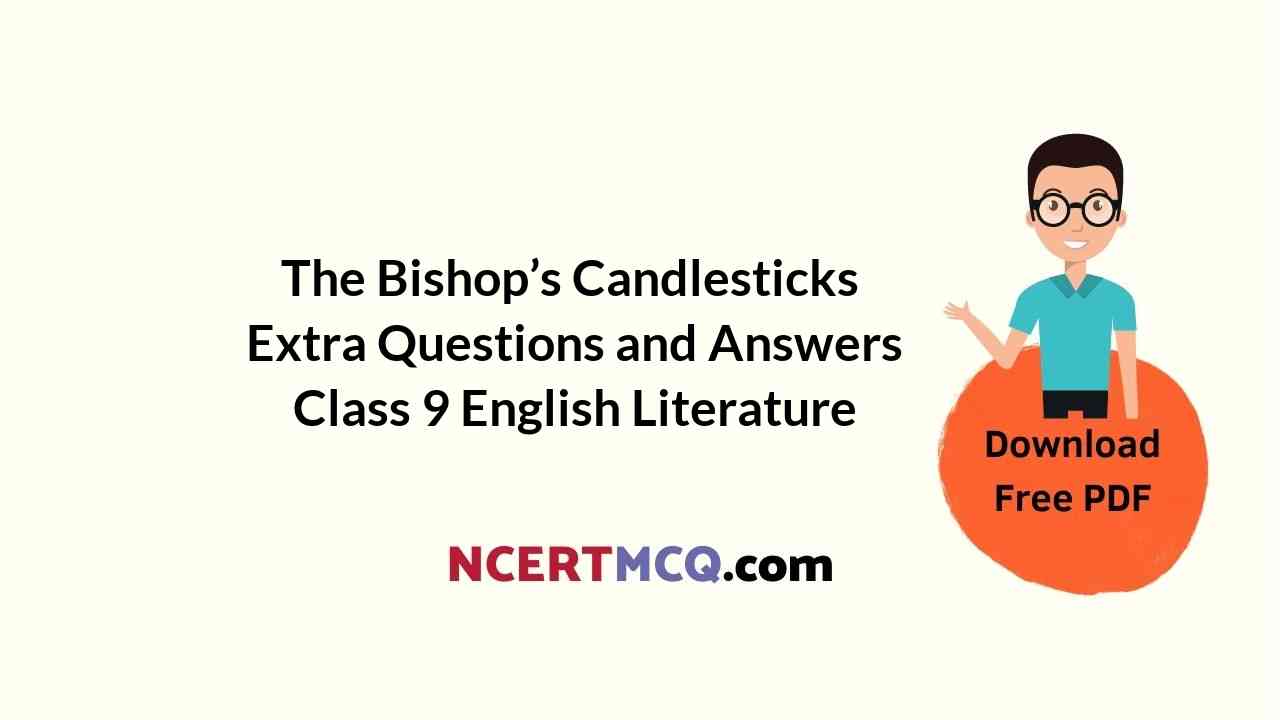





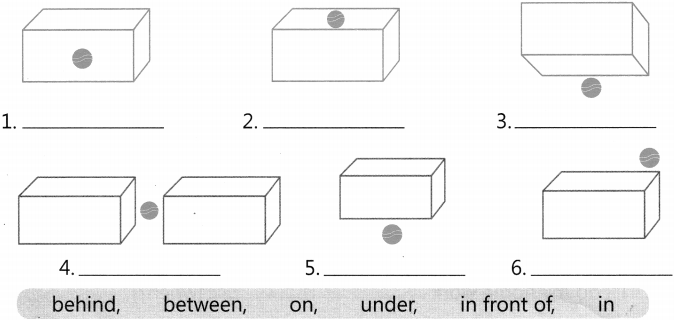
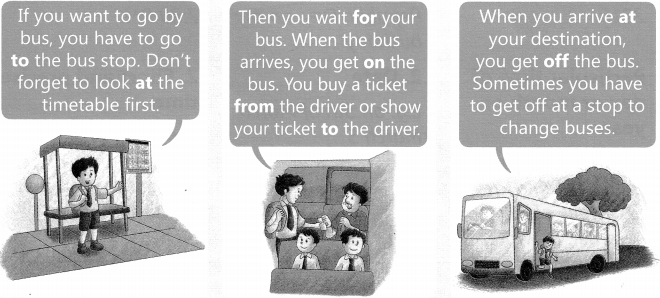
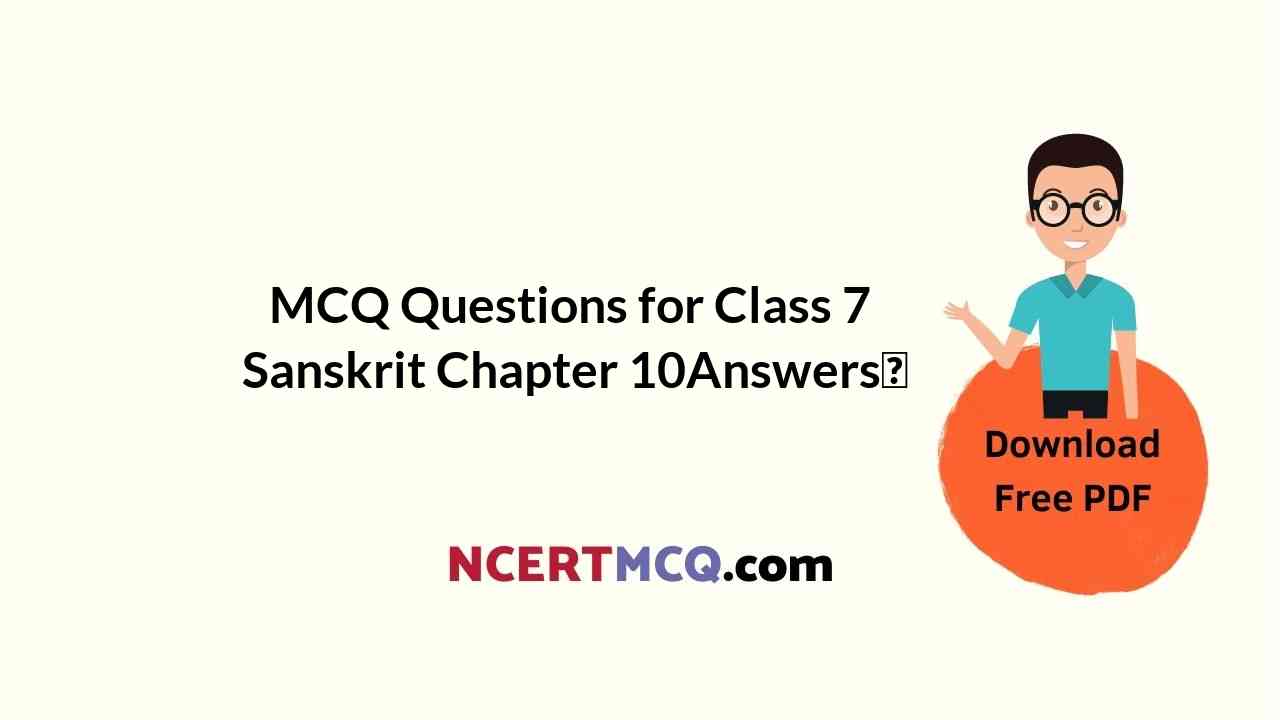
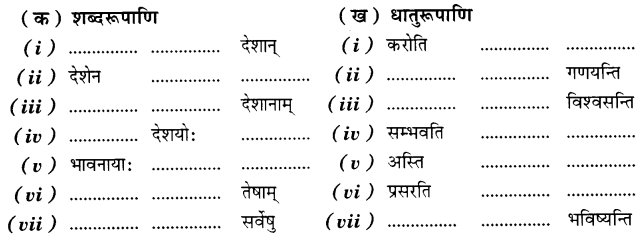
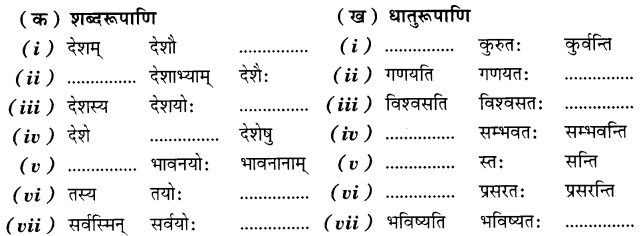
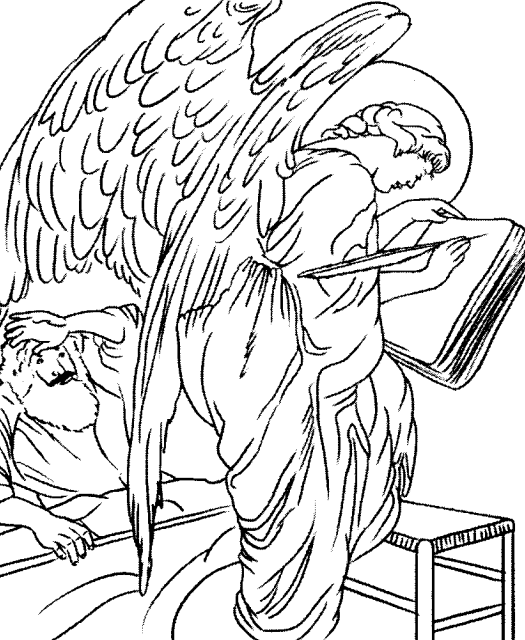
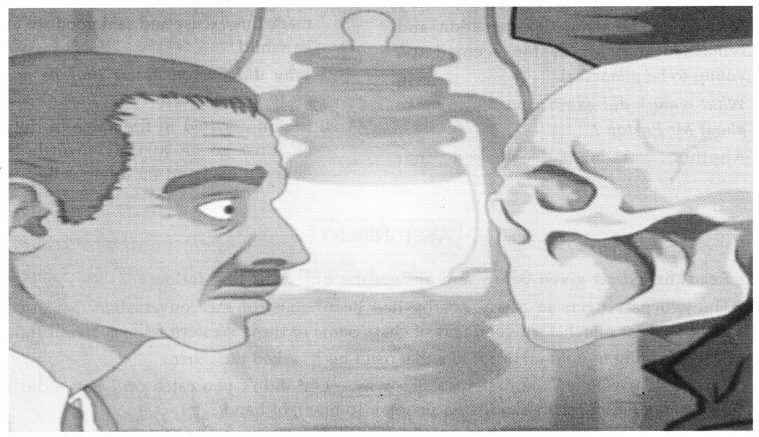
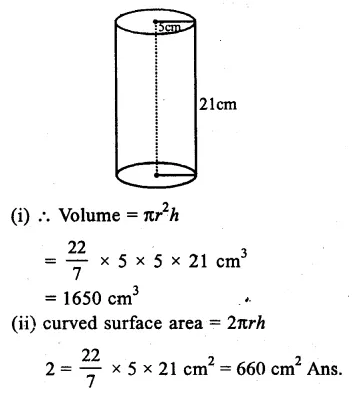
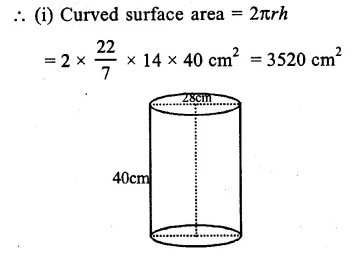
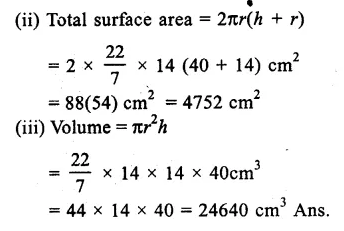
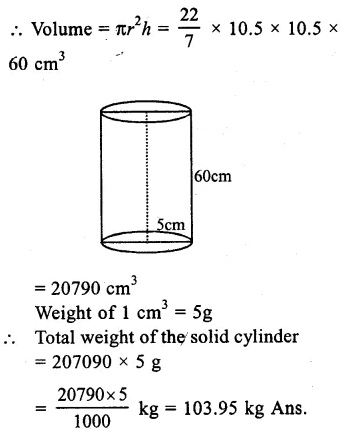
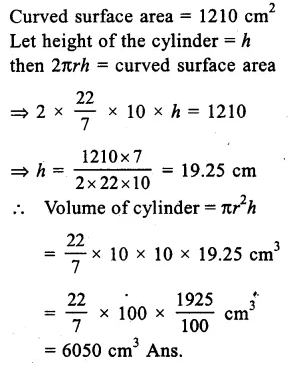
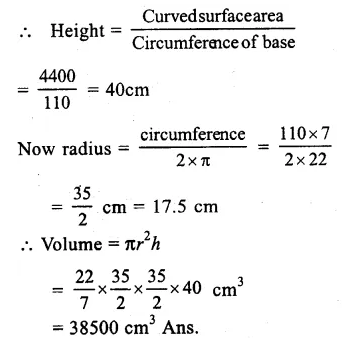
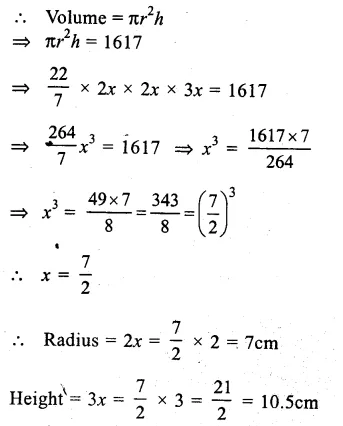
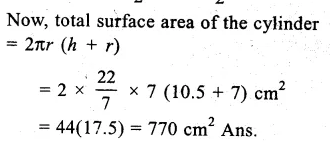
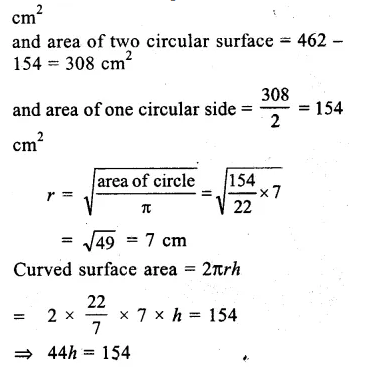
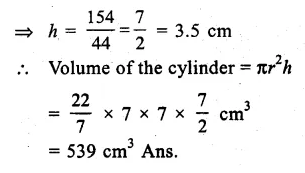
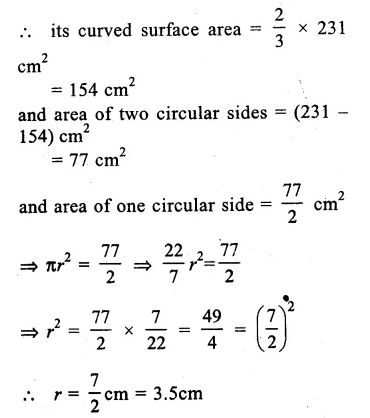
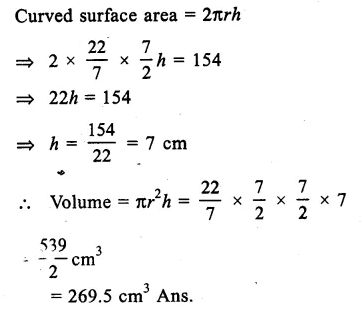
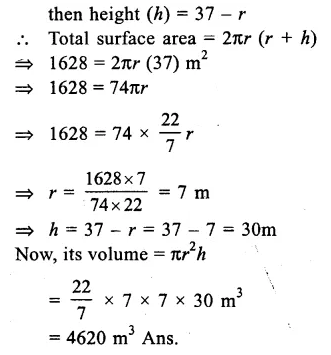
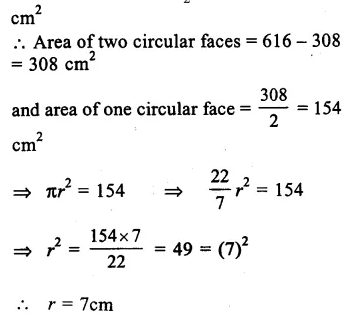
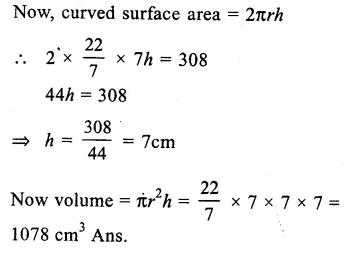
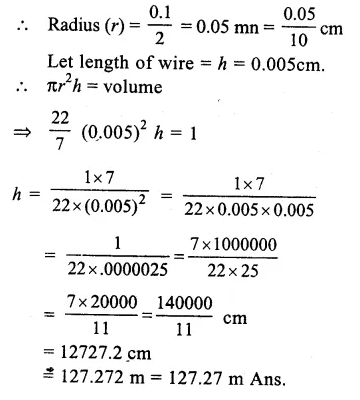
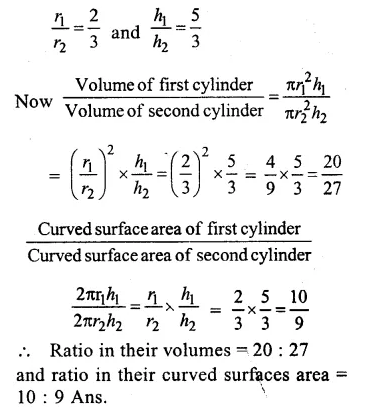
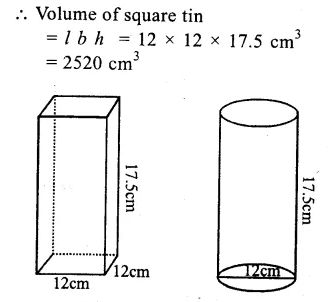
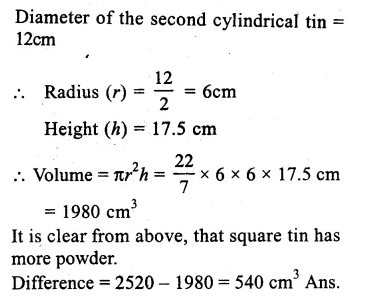
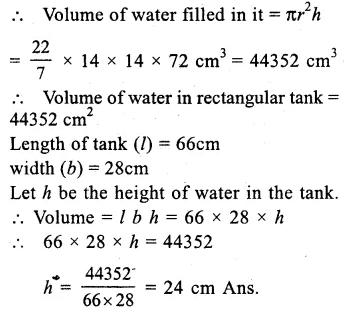
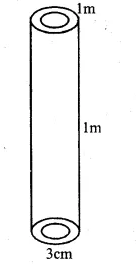
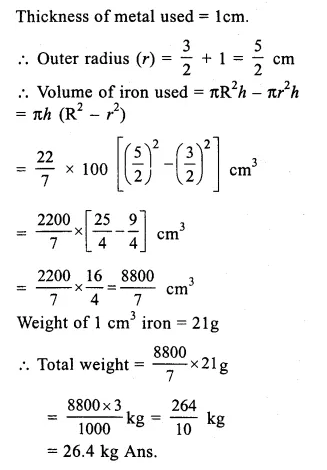
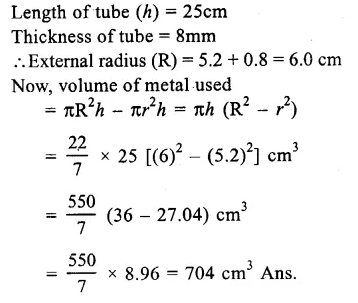
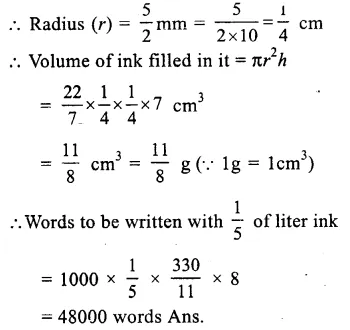
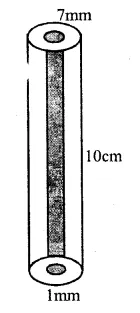
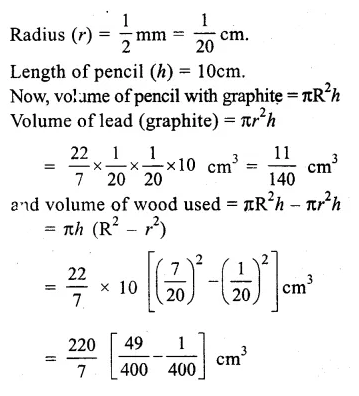
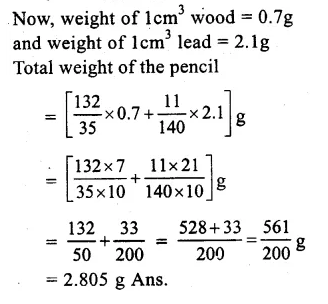

 In Online Education An adverb is a word or phrase that modifies the meaning of a verb, an adjective or another adverb. Adverbs generally give information about the manner, place, time, frequency, degree, and reason of the action.
In Online Education An adverb is a word or phrase that modifies the meaning of a verb, an adjective or another adverb. Adverbs generally give information about the manner, place, time, frequency, degree, and reason of the action.